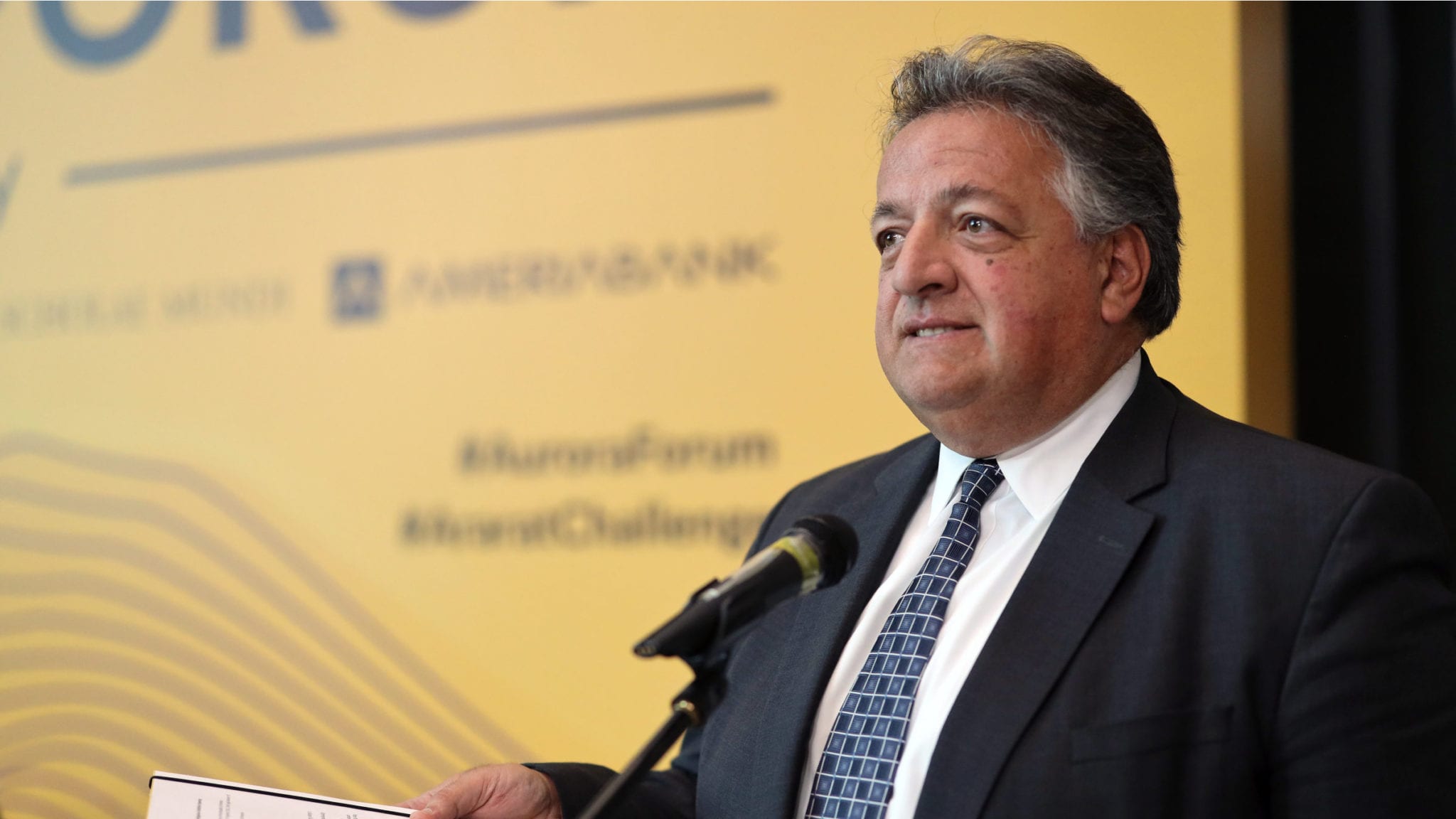
Noubar Afeyan, Flagship founder and CEO (Victor Boyko/Getty Images)
Flagship launches Senda Biosciences with $88M in backing, looking to pioneer the field of 'Intersystems Biology'
Flagship Pioneering has a fresh company out this week, one that aims to lay the groundwork for a whole new discipline.
Senda Biosciences launched Wednesday …
Sign up to read this article for free.
Get free access to a limited number of articles, plus choose newsletters to get straight to your inbox.